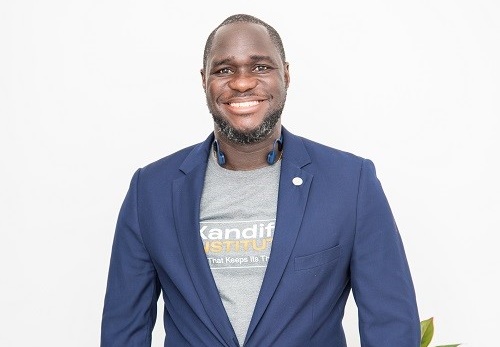LGBTI is an acronym for lesbian, gay, bisexual, transgender, queer or questioning and intersex and this term have been in use since the 1990s. Nearly one in every 2,000 people is born with variations in reproductive or sexual anatomy or has a chromosome pattern that doesn’t fit with what is typically considered male or female.
According to research done by the Pew Research Center, 29 countries out of 195 have passed laws that allow people of the same sex to get married. Netherlands, Belgium, Canada, Spain, South Africa, Norway, Sweden, Argentina, Portugal, Iceland, Denmark, Uruguay, Brazil, New Zealand, England and Wales, France, Luxembourg, Scotland, United States, Ireland, Finland, Greenland, Colombia, Malta, Australia, Germany, Austria, Taiwan, Ecuador, Northern Ireland and Costa Rica are countries that have legalized LGBTQI.
The LGBT group in Ghana organized a fundraiser which was attended by several diplomats including the Australian High Commissioner who pledged to support the group. In every country or society, there are societal norms and these are the collective representatives of acceptable group conducts as well as individual perceptions of a particular group conduct.
The political dominance of Christianity and Islam in Ghana over the years serves as a guiding principle for the Ghanaian Culture. With approximately 71.2% of Ghanaians being Christians and 17.6% being Muslims, it is vivid that the morality of the masses serves as bedrock of defining the culture of the nation.
“IN THE NAME OF THE ALMIGHTY GOD
We the People of Ghana”…
The first two lines of the preamble of Ghana’s 1992 constitution evince a regard for a Supreme Deity, THE ALMIGHTY GOD. Ghanaians highly uphold conversations around morality and religion. Kandifo Institute is a think tank that upholds conversations around conservatism. We extol, advocate and influence in a very practical way, policies that facilitate and sustain conservatism as a guided ideologies preference.
As conservatists, we believe strongly that ideologies of our forefathers must not be lightly thrusted aside. Cultural values of the Ghanaian Society have already been defined by religion and societal. Over the years, the Lesbian Gay Bisexual Transgender Queer and Intersex (LGBTQI) community has scythe through various nations and international communities with an agenda.
This community continually makes emphasis on a need of respect for human rights hence social equality for LGBTQI people. Individuals, international communities and other nations turn to impose the rights of these persons on the masses. Laws have been set to foist others into accepting this community. If the LGBTQI community says it should be accepted at the expense of others, then we are not engaging in HUMAN RIGHT conversations.
Chapter 5, Article 12(2) of the 1992 Constitution of Ghana states that every person in Ghana, whatever his race, place of origin, political opinion, color, religion, creed or gender shall be entitled to the fundamental human rights and freedoms of the individual contained in this chapter but subject to respect for the rights and freedoms of others and for the public interest.
The likelihood of one to raise an argument that the rights of the LGBTQI community is being trampled upon by the majority is flawed by the fact that the Ghanaian societal norms serves as the framework of the Ghanaian Society. Fortunately, or unfortunately, the make-up of the society disagrees to the values and goals of LGBTQI community. The ideologies of Ghana support libertarianism at Public Interest.
Ghana is not ready to accommodate the LGBTQI. No religious community in Ghana at least none yet has expressed acceptance in any form to the LGBTQI community. A tryst cannot be frowned upon because it is of no public interest but for healthy human right conversations, Kandifo Institute believes that Ghanaians are not ready to accommodate the LGBTQI community.
The institute, since its inception, promotes development path that is traditionally rested on an organic conception of society which is based on the belief that society is a living organism compromising of intricately connected and interdependent members.
“But today, may I call upon you all, that on this great day, that let us all remember that nothing can be done unless it has the support of God,” – Dr. Kwame Nkrumah, Independence Declaration Speech on March 6, 1957.










